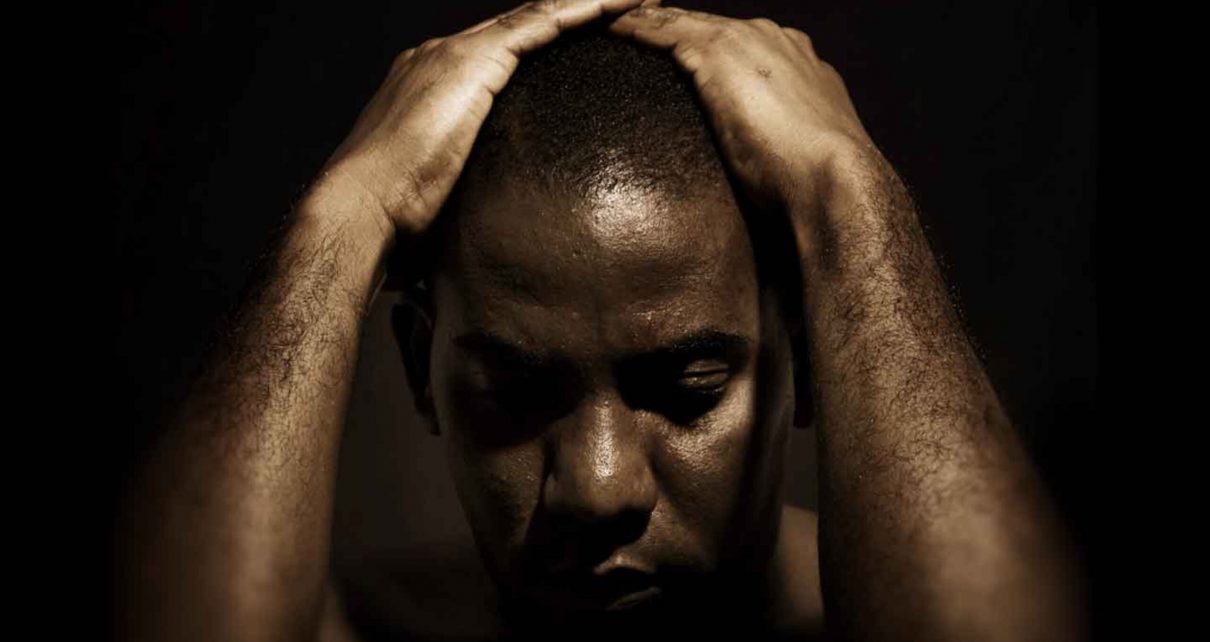Prof. Akin Abayomi, Lagos State Commissioner for Health, says that the state government is working to build partnerships that will allow the health insurance programme to cover mental health services.
The commissioner announced this at a lecture and book launch held by the Federal Neuro-Psychiatric Hospital, Yaba on Tuesday in Lagos. Dr. Tolu Ajomale, who is in charge of special projects and mental health for the Lagos State Ministry of Health, stood in for the commissioner.
The lecture was held to commemorate World Mental Health Day (MHD), which will be observed on October 10, 2022, with the topic “Make Mental Health and Well-Being for All A Global Priority.”
During the event, the book “Resilience in Overcoming Adversity” by Dr. Olugbenga Owoeye, Medical Director of the Federal Neuro-psychiatric Hospital in Yaba, was shown to the public for the first time.
Abayomi said that many patients couldn’t pay for the kind of mental health care they needed.
He said that the problem of “brain drain” in the healthcare industry has led to more people wanting mental health services and fewer people being able to provide them.
The commissioner ascribed the rise in demand for mental health services to the increased knowledge and awareness surrounding these problems.
“A lot of patients who are suffering from mental health challenges are unable to pay for the kind of care they need; hence the need for creating a platform that can alleviate the financial burden.
“So, we have been working and will continue to encourage collaborations that will allow health insurance schemes to cover healthcare, particularly for patients living with mental health challenges.
“There are a lot of private healthcare providers who are willing to render healthcare services around that corridor. The objective is to ensure that every patient with a mental health issue has access to the kind of care and services he needs,” Abayomi said.
Owoeye told Nigerians that they should take care of their mental health no matter how hard life gets in order to avoid mental health problems.
According to Owoeye, the majority of Nigerians believe that mental health evaluations are exclusively for insane people, which is why they have such a terrible attitude toward their own mental health.
He said that Nigerian society is a cultural home for things that make people more likely to get mental illnesses.
He claimed that some people required mental examination as a result of the catastrophic consequences of insurgency, instability, kidnapping, economic downturns, and other issues across the nation.
He claimed that because there is no exemption from mental illness, every Nigerian and, by extension, every person is susceptible to mental illnesses.
Additionally, he urged the public to prioritize mental health evaluations.
“Every individual irrespective of status, background, tribe, or religion is expected to have access to quality mental healthcare. This is because every human irrespective of class faces one societal ill or the other, stress and other challenges that could affect his/her mental health and well-being.
“Such challenges are predisposing factors to depression, and anxiety and could lead to suicide, if not properly checked.
“However, the book contained approaches to be taken when faced with mental health predisposing factors,” Owoeye said.
Additionally, Dr. Stephen Oluwaniyi, the hospital’s head of clinical services, asked Nigerians to shed their preconceived notions and beliefs that only those with mental illnesses require psychiatric care or should visit psychiatric hospitals.
Everyone, including the unborn child, needs psychological care, according to Oluwaniyi.
He contends that a pregnant woman has to obtain some form of mental health treatment and should stay away from activities that might later harm the child’s mental health.
“Mental health maintenance culture in Nigeria is very low; making it difficult for people to access health care or get diagnosed or even acknowledge the fact that they may be suffering some kind of mental health issue.
“When a typical Nigerian hears the word ‘mental illness’ his or her first thought would be madness or some sort of aggressive behaviour. This is a misconception and wrong belief that needs to be changed,” he said.


